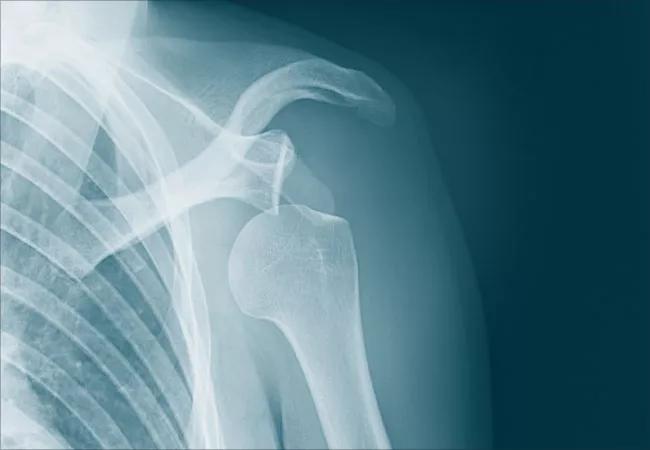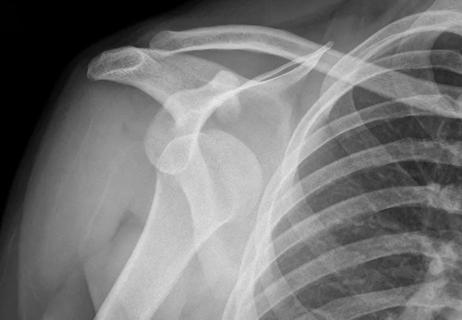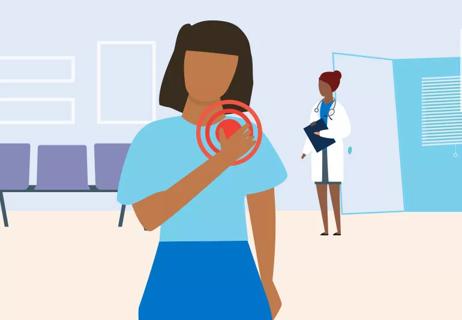The short answer from an orthopaedic surgeon

A: Has your shoulder ever popped out of place? You feel the pop — and then the pain. Unfortunately, if this happens, you are more at risk for shoulder instability and re-injury, especially if you’re young and active.
Advertisement
Cleveland Clinic is a non-profit academic medical center. Advertising on our site helps support our mission. We do not endorse non-Cleveland Clinic products or services. Policy
In some cases, the ball at the top of your upper arm bone (humerus) may come out of the socket only partially — called “subluxation.” This means that your shoulder moves past the normal location on the socket but is not completely out of place.
When it pops out completely, it’s known as dislocation. Both injuries can cause pain, arm weakness and swelling.
Some dislocations spontaneously reduce, and it’s difficult to determine if they were subluxations or dislocations. Your doctor can use advanced imaging, such as an MRI, as well as conducting a thorough history and physical to help determine this.
A shoulder dislocation may stretch or tear surrounding ligaments, tendons and muscles. It may even bruise or damage the bone.
Both immediate medical treatment and follow-up care are important because tearing muscles or ligaments typically leads to shoulder instability, which makes it easier for your shoulder to pop out again.
— Orthopaedic surgeon Anne Marie Chicorelli, DO.
Advertisement

Sign up for our Health Essentials emails for expert guidance on nutrition, fitness, sleep, skin care and more.
Learn more about our editorial process.
Advertisement

Here’s how to loosen up those tight shoulder muscles

Stretching and eliminating stresses on the joint is key to stopping the pain

Sometimes, it does require surgery

Looking down at your smartphone or computer screen can stress muscles in your neck, shoulders and back

Rest, physical therapy, pain relief medication and steroid injections may be able to help instead

Tendinopathy tends to get better with rest, ice, pain management and physical therapy

It could be an injury, arthritis, a bone infection or even the position of your collarbone

Don’t ignore obvious warning signs of more serious shoulder issues

Even small moments of time outdoors can help reduce stress, boost mood and restore a sense of calm

A correct prescription helps your eyes see clearly — but as natural changes occur, you may need stronger or different eyeglasses

Both are medical emergencies, but they are very distinct events with different causes